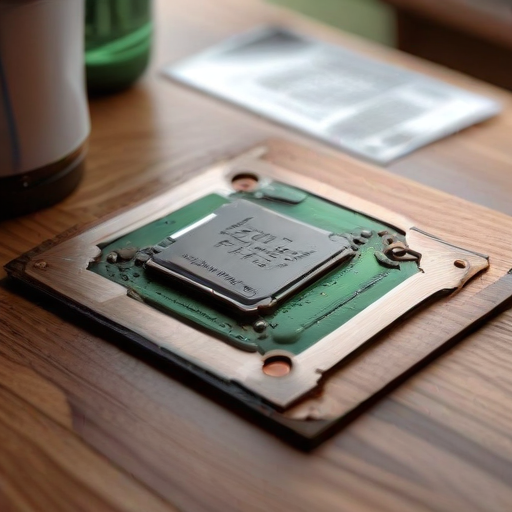As the U.S. weighs the implementation of stricter trade regulations to prevent advanced chip technology from being exported to China, Nvidia, a prominent U.S.-based chip manufacturer, is reportedly developing a new version of its latest artificial intelligence chips tailored to adhere to these regulations. According to reports, Nvidia is collaborating with a local partner, Inspur, to launch its new chip, provisionally named the “B20,” in the Chinese market.
The B20 is expected to begin shipments in the second quarter of 2025. Nvidia has not provided any official comments regarding this development. The company has already produced three chips designed to meet U.S. export requirements, one of which is the H20. In a bid to boost sales in the face of competition from local rival Huawei, Nvidia has slashed prices on the H20, which has resulted in increasing sales figures. Sources indicate that Nvidia is projected to sell over one million H20 chips in China this year, with a total value nearing $12 billion, even amidst U.S. trade restrictions. This anticipated volume nearly doubles the sales projections for Huawei’s Ascend 910B chip.
However, certain risks loom for Nvidia’s H20 chips as further U.S. trade restrictions could potentially impact their sales. According to analysts from Jefferies, the upcoming annual review of semiconductor export controls in October may lead to a ban on the H20 in the Chinese market. This could manifest as a direct prohibition, a reduction in the allowed computing power threshold, or limitations on memory capacity. Furthermore, there is speculation that the U.S. might expand export controls on chips destined for neighboring countries such as Malaysia, Indonesia, and Thailand, or extend these parameters to overseas Chinese companies, although the latter may prove more challenging to enforce.
This strategic move by Nvidia illustrates the company’s agility and ability to adapt in a rapidly changing technological landscape shaped by geopolitical factors. By actively working on compliant chip versions, Nvidia not only hopes to thrive in the Chinese market but also to continue fostering innovation within the realm of artificial intelligence globally.
Overall, while the challenges posed by trade restrictions remain considerable, Nvidia’s proactive approach offers a glimpse of resilience amidst evolving market dynamics. As technology continues to advance, companies that adapt effectively will likely emerge as leaders in their respective fields.
